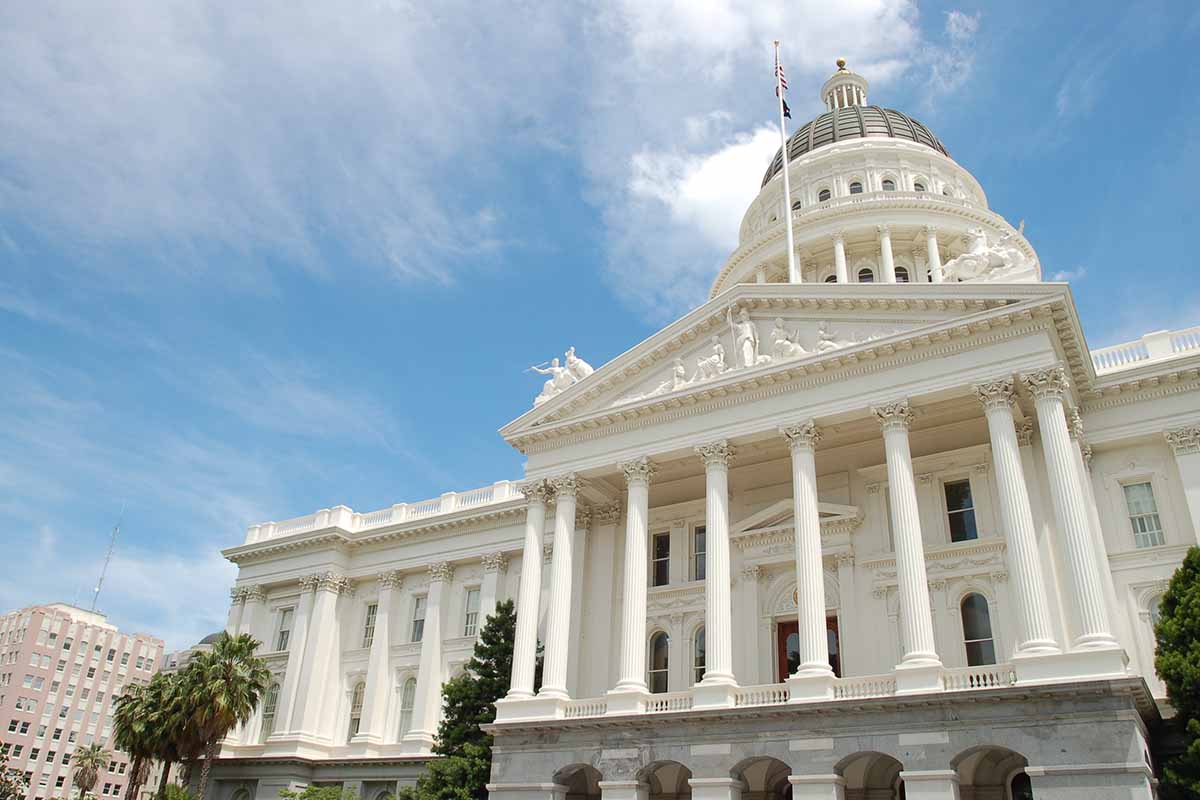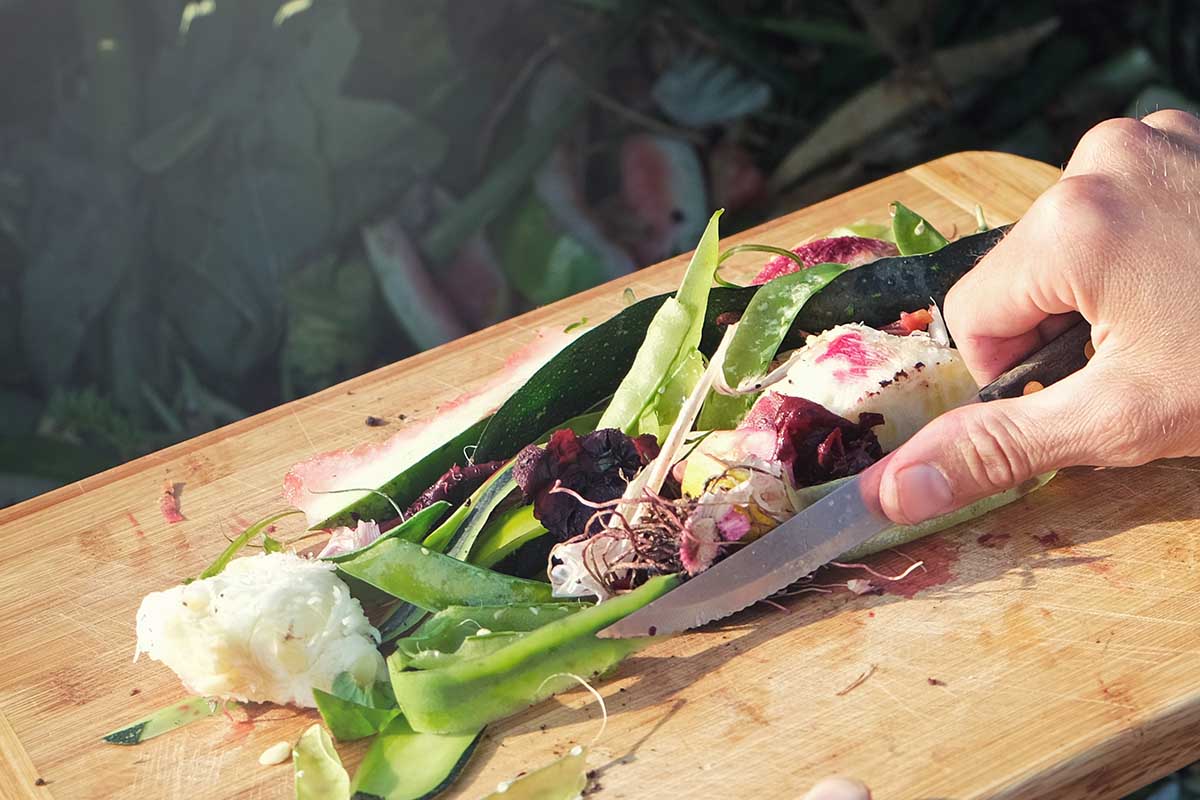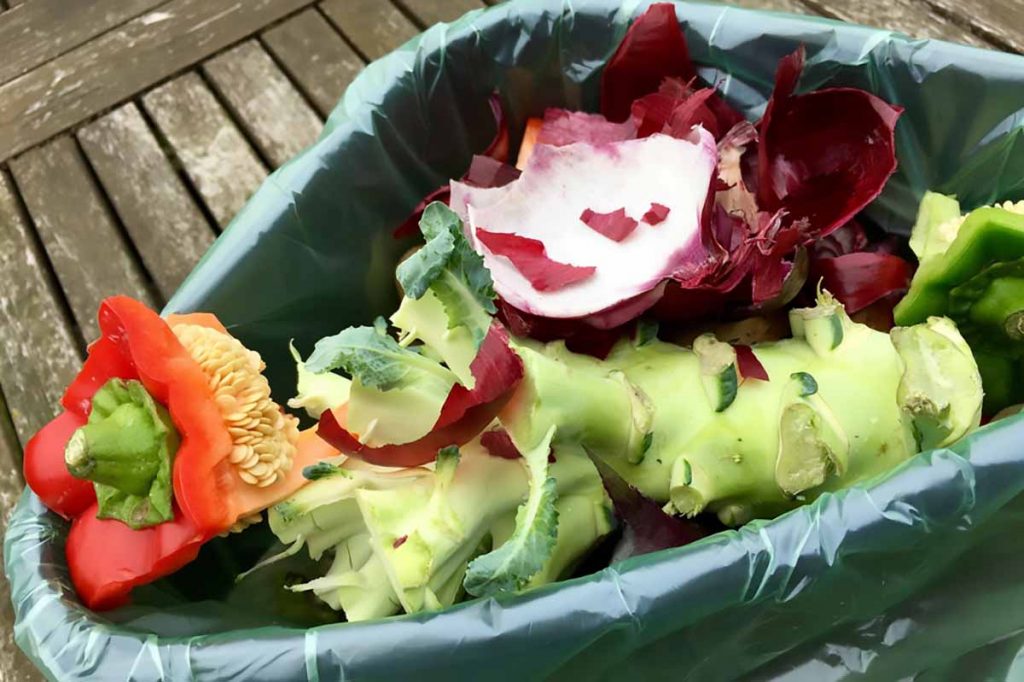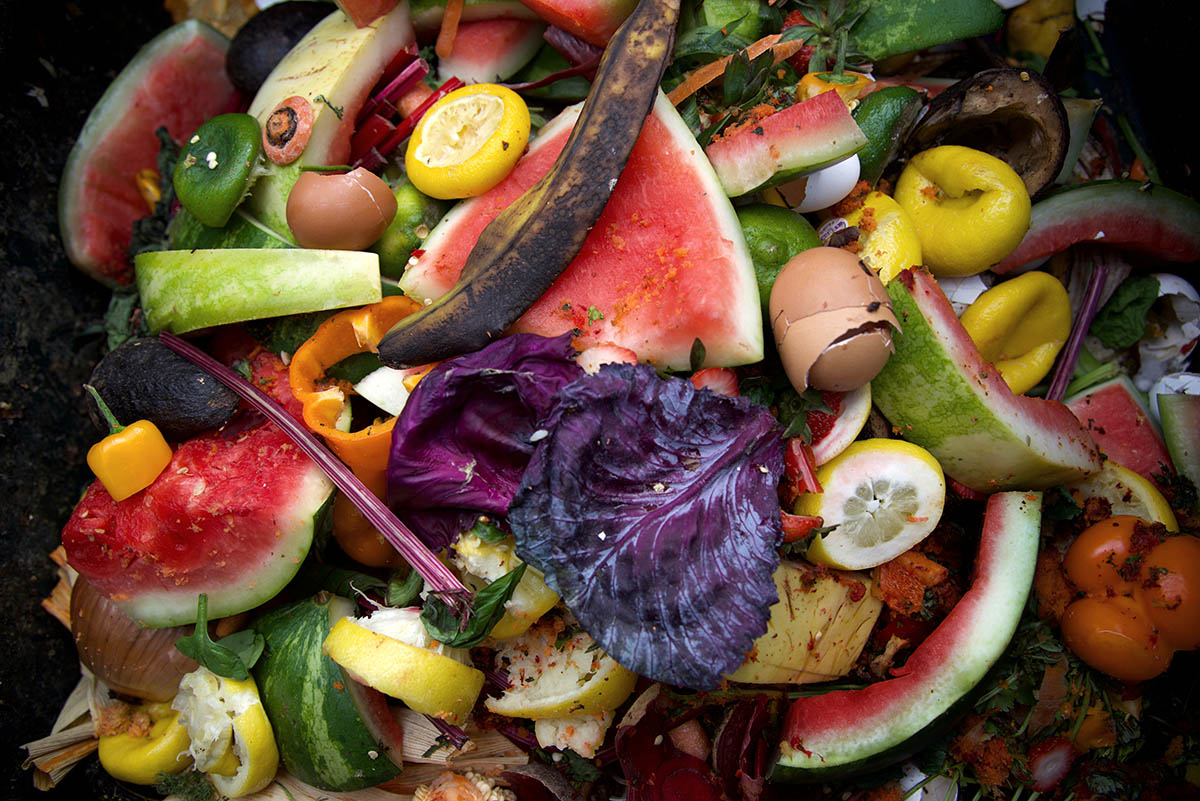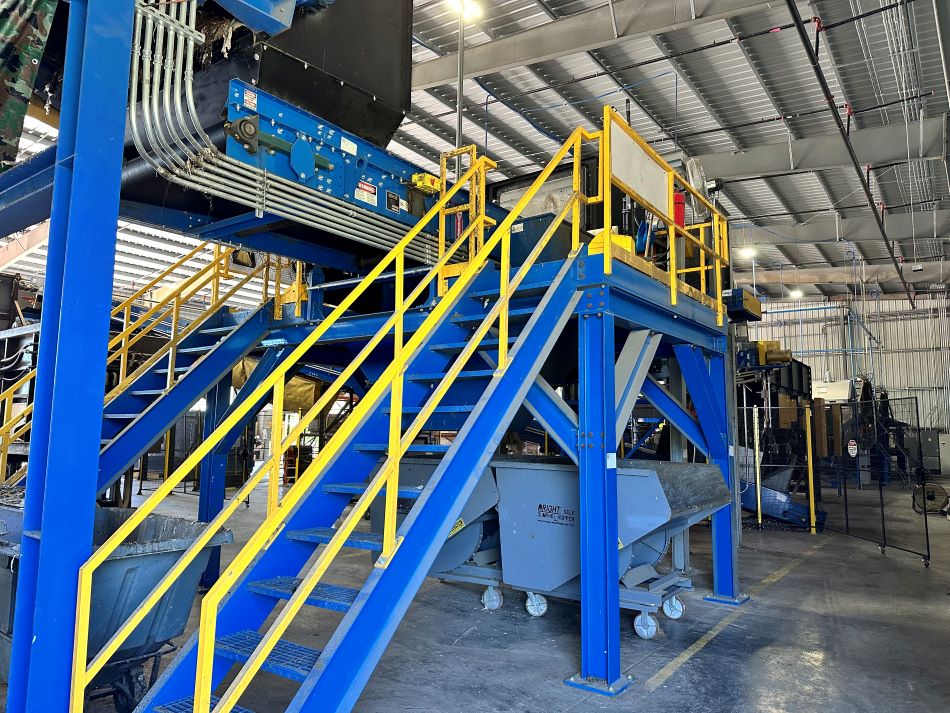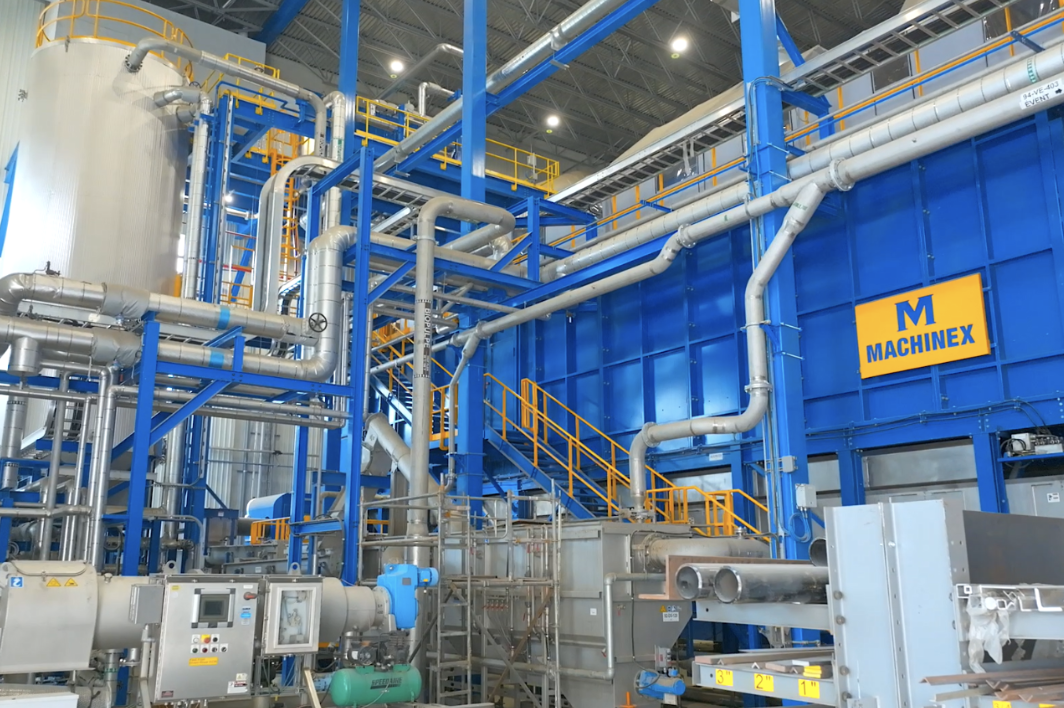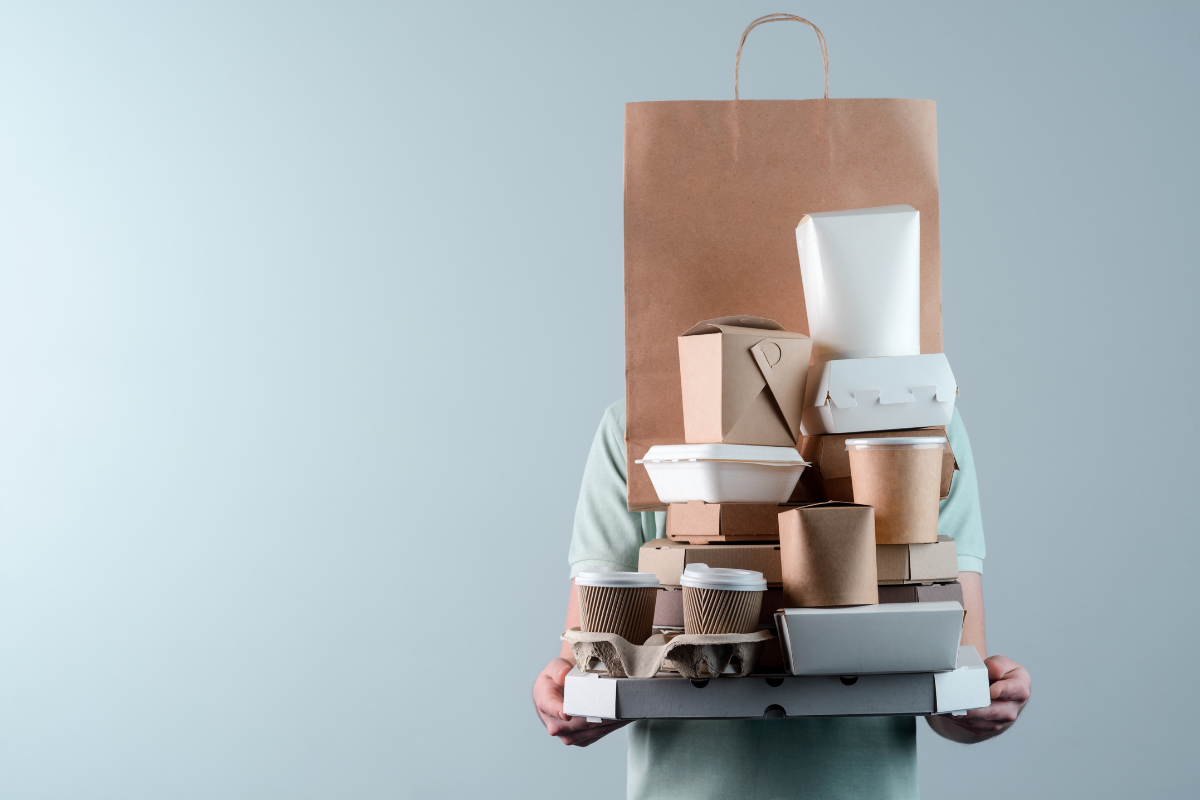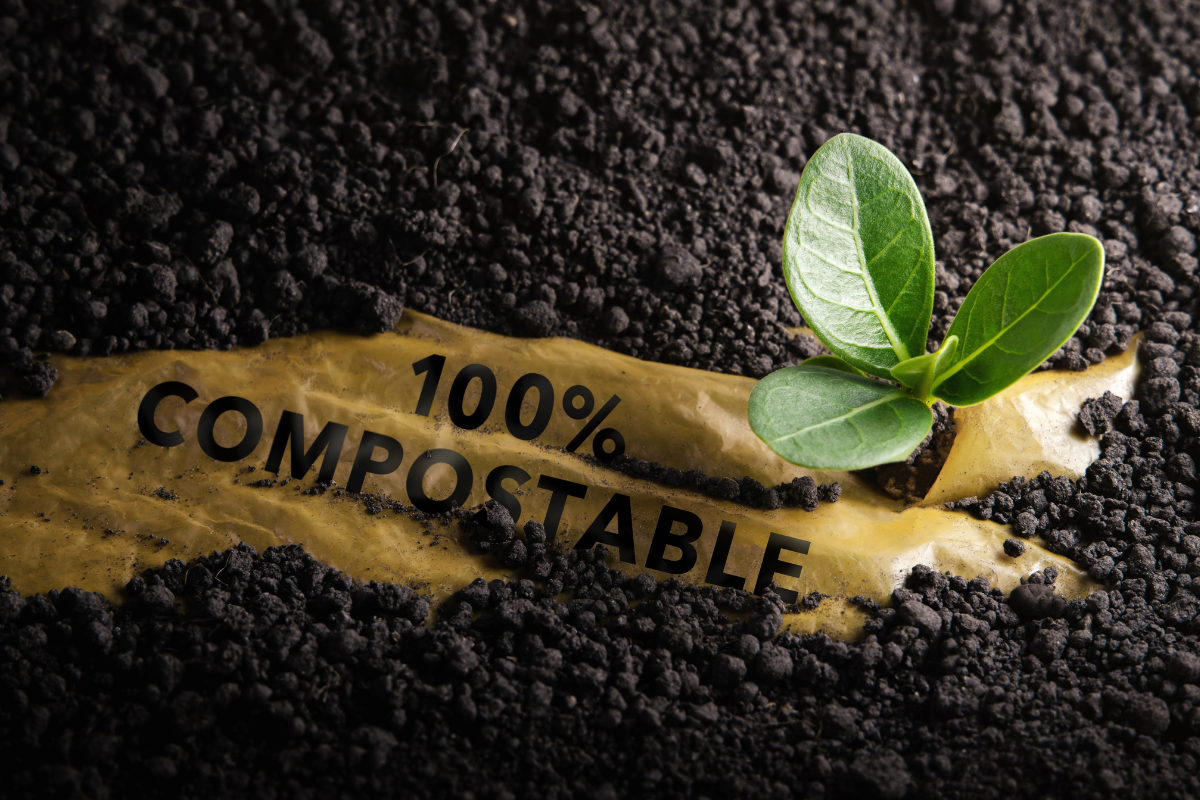
The Biodegradable Products Institute had previously appealed to CalRecycle for a five-year extension to give the market more time to adapt. | Black Salmon/Shutterstock
The California Department of Resources Recycling and Recovery has pushed back the effective date for a state law on labeling compostable packaging materials to mid-2027. Continue Reading


